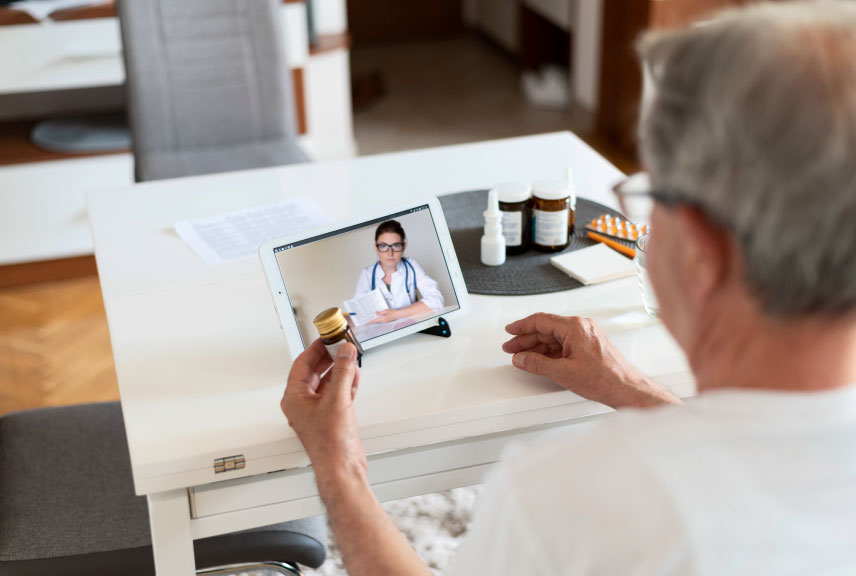Over the past decade, digitalisation has transformed numerous sectors, and the healthcare field is no exception. Home-based healthcare institutions (IPS) have undergone significant evolution thanks to the integration of digital technologies. This change has not only improved operational efficiency, but has also optimised patient care. Below, we explore how digitalisation has positively impacted home-based healthcare institutions.
1. Improved Data Management
Digitalization has enabled home-based IPS to manage large volumes of data more efficiently. Electronic health records (EHR) facilitate quick and secure access to patient information, reducing the time spent searching for medical records and improving accuracy in diagnosis and treatment.
2. Telemedicine and Remote Care
Telemedicine has revolutionized home care, allowing healthcare professionals to perform consultations and follow-ups remotely. This not only reduces the need for travel, but also allows for more continuous and personalized care, especially for patients with chronic diseases.
3. Automation of Administrative Processes
Automating administrative tasks such as appointment scheduling and billing management has freed up valuable time for healthcare staff. This allows them to focus more on direct patient care and less on bureaucratic tasks, thereby improving the overall efficiency of the IPS.
4. Real-Time Monitoring
Remote monitoring devices, such as wearables, allow home health care providers to monitor the health of patients in real time. These devices can send early alerts about any changes in the patient’s health status, allowing for quick and timely interventions.
5. Training and Continuing Education
Digital platforms have facilitated the ongoing training of healthcare personnel. Through online courses and webinars, professionals can stay up to date with the latest practices and technologies, thus improving the quality of care they provide.
6. Improve Communication
Digital tools have improved communication between different actors in the healthcare system. Secure messaging apps and collaboration platforms allow for more effective coordination between doctors, nurses and other professionals, ensuring that everyone is aligned on the patient’s care plan.
Digitization has proven to be a powerful ally for home-based IPS, improving operational efficiency and the quality of patient care. As technology continues to advance, we are likely to see even more innovations that transform the way home care is delivered, making it more accessible, personalized and effective.
We help home-based IPS with our Artificial Intelligence Medical History software.
More than 30 thousand health professionals have trusted us as their platform for home care.







